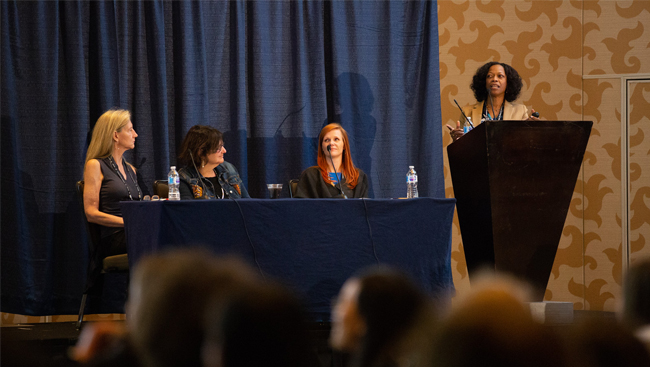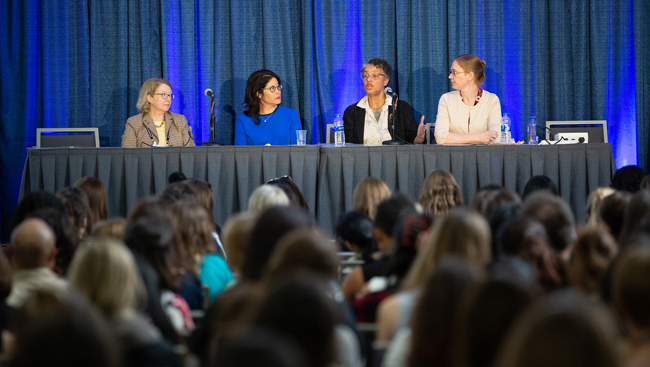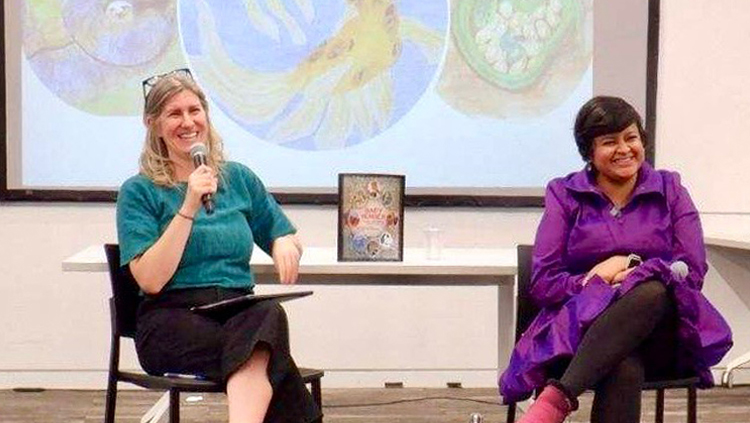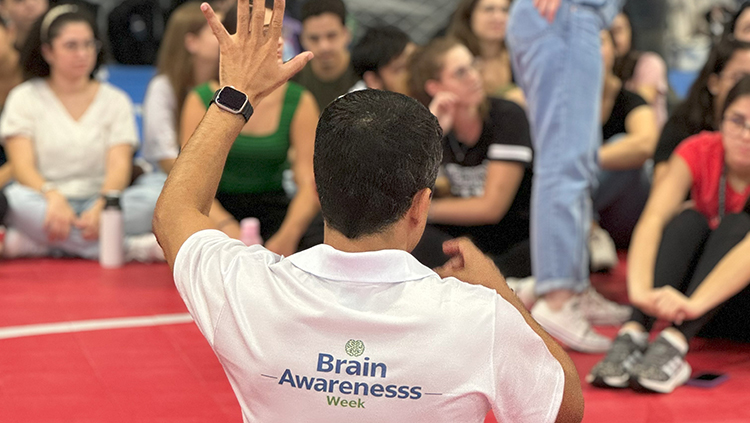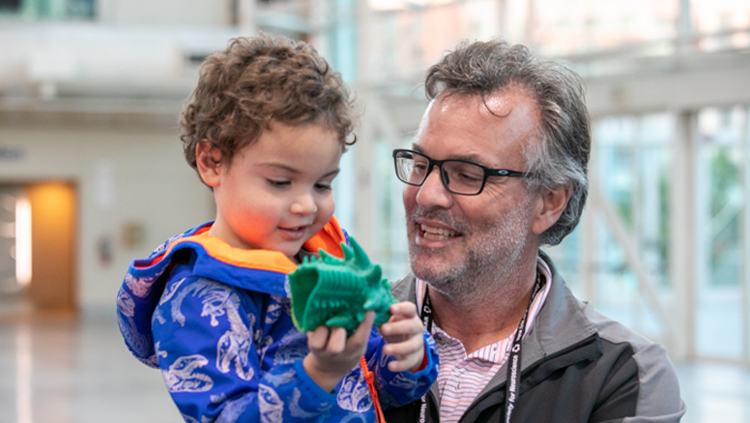Being part of a student-run outreach initiative through your institution can expand your scientific community, grow your confidence, and develop your professional skillset. In addition, your outreach efforts can make a lasting impact on the way your local community thinks about science.
Watch this workshop for advice on engaging your community — whether you’re a graduate student looking to start an initiative or a faculty member providing support.
You’ll learn how student-led STEM and neuroscience initiatives build trust within the community and can serve as a form of peer mentoring, as well as how those initiatives can serve as a teaching tool for talking about science approachably, managing projects, and working with different teams.
Using the University of Pennsylvania’s Graduate-Led Initiatives and Activities (GLIA) committee as a model, panelists offer guidelines for establishing an organization structure, setting priorities, and evaluating what’s working and what’s not.
Speakers
Barbara Terzic
Barbara Terzic is a neuroscience PhD candidate at the University of Pennsylvania working in the lab of Zhaolan Zhou. Her main research interests lie in understanding the genetic and epigenetic control of genome function in brain development and disease, including autism spectrum disorders, and other neurodevelopmental syndromes. Barbara received her bachelor’s degree in biochemistry from Arizona State University with minors in mathematics and biology, during which she also worked as a research intern at the Translational Genomics Research Institute in the lab of Kendall Van Keuren-Jensen.
Alice Dallstream
Alice Dallstream is a PhD candidate at the University of Pennsylvania. She was previously a postbaccalaureate fellow at the National Institute of Mental Health. Her main research interests lie in the neural basis of adaptive, value-based decision making and mental health. She received her undergraduate degree in biology and psychology from the University of Virginia.
Jesse Isaacman-Beck, PhD
Jesse Isaacman-Beck is a postdoctoral fellow at Stanford University. His research focuses on the molecular mechanisms of neural circuit stability. He received his PhD in neuroscience from the University of Pennsylvania and his undergraduate degree in chemistry from Haverford College.
Kate Christison-Lagay, PhD
Kate Christison-Lagay is a postdoctoral fellow at Yale University. She previously was a postdoctoral researcher at the University of Pennsylvania. Her main research interests lie in conscious perception, specifically auditory perception. She received her undergraduate degree in cognitive science and comparative literature from the University of Virginia and her PhD in neuroscience from the University of Pennsylvania.
Samantha White, PhD
Samantha White is a science communication and coordination specialist at the National Institute for Neurological Disorders and Stroke (NINDS), where she began working in 2014 as a AAAS Science and Technology Policy Fellow. She previously worked as a science policy fellow at the advocacy organization Research!America. Her work primarily focuses on NIH contributions to the Brain Research through Advancing Innovative Neurotechnologies (BRAIN) Initiative, which launched in 2013. She received her BS in neuroscience and behavioral biology from Emory University and her PhD in neuroscience, with a focus on addiction circuitry, from the University of Pennsylvania.
Joshua I. Gold, PhD
Joshua I. Gold is a professor of neuroscience, chair of the Neuroscience Graduate Group, and co-director of the Computational Neuroscience Initiative at the University of Pennsylvania. Gold’s main research interests lie in learning and decision-making. He received his undergraduate degree in neuroscience from Brown University and his PhD in neuroscience from Stanford University. He completed his postdoctoral training at the University of Washington.
Kelly Jordan-Sciutto, PhD
Kelly Jordan-Sciutto is chair and professor of pathology at the University of Pennsylvania. She completed a postdoc in neuropathology at the University of Pittsburgh and received her PhD in biochemistry and molecular biology from Thomas Jefferson University. Her research focuses on molecular mechanisms underlying neurodegenerative processes.
R. Christopher Pierce, PhD
Chris Pierce is a professor of neuroscience at the University of Pennsylvania Perelman School of Medicine. His main research interests lie in the mechanisms underlying drug addiction. He received his undergraduate degree in psychology from the University of Kentucky and his PhD in neuroscience from Indiana University. He completed his postdoctoral training at Washington State University.










